
(File Photo by Kevin Mathewson, Kenosha County Eye)
MADISON, Wis. – The recently signed 2025–27 Wisconsin state budget includes several key wins for Kenosha County—ranging from added muscle in the District Attorney’s Office to millions in environmental preservation and taxpayer relief.
State Rep. Amanda Nedweski (R–Pleasant Prairie) touted the package as a hard-fought, Republican-led effort that delivers tax cuts, education investments, UW System reforms, and funding for local priorities long championed by her office.
“This budget puts Wisconsin families first,” said Nedweski, who played a central role in securing major provisions for Kenosha County. “We delivered a $1.5 billion tax cut, reformed the bloated UW System, and protected one of our county’s most cherished natural areas—without new taxpayer spending.”
Prosecutor Positions a “Critical Investment in Law and Order”
Among the most impactful wins for Kenosha is the addition of 2.5 new Assistant District Attorney positions—bringing the county’s total increase to 2.5 new prosecutors over two budgets.
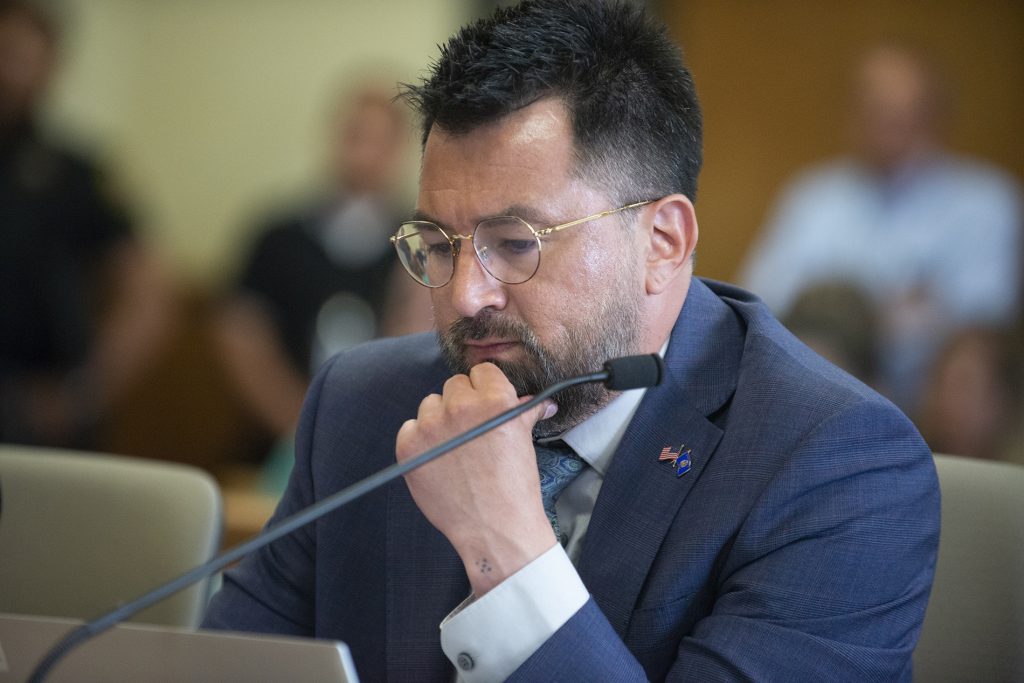
(File Photo by Kevin Mathewson, Kenosha County Eye)
Kenosha County District Attorney Xavier Solis praised the move in a statement Thursday, calling it “a critical investment in law and order.”
“These prosecutors will enhance our ability to charge, convict, and incarcerate those who break the law—especially repeat offenders and violent criminals,” Solis said. “Justice delayed is justice denied, and these added prosecutors will help us move swiftly and decisively against those who threaten the safety of our community.”
Solis emphasized that while the positions are funded by the state, local resources will still be needed. He plans to work with County Executive Samantha Kerkman and the Kenosha County Board to secure a paralegal, an investigator, and a victim/witness specialist.
“Victim/Witness Coordinators provide vital support to crime victims, including children who have been abused. Without them, prosecutions suffer and justice can slip away,” Solis said. “In my office, we will never allow that to happen.”
Said DA Solis: “My mission is non-negotiable: We will protect the innocent, stand with victims, and enforce the law without apology.”
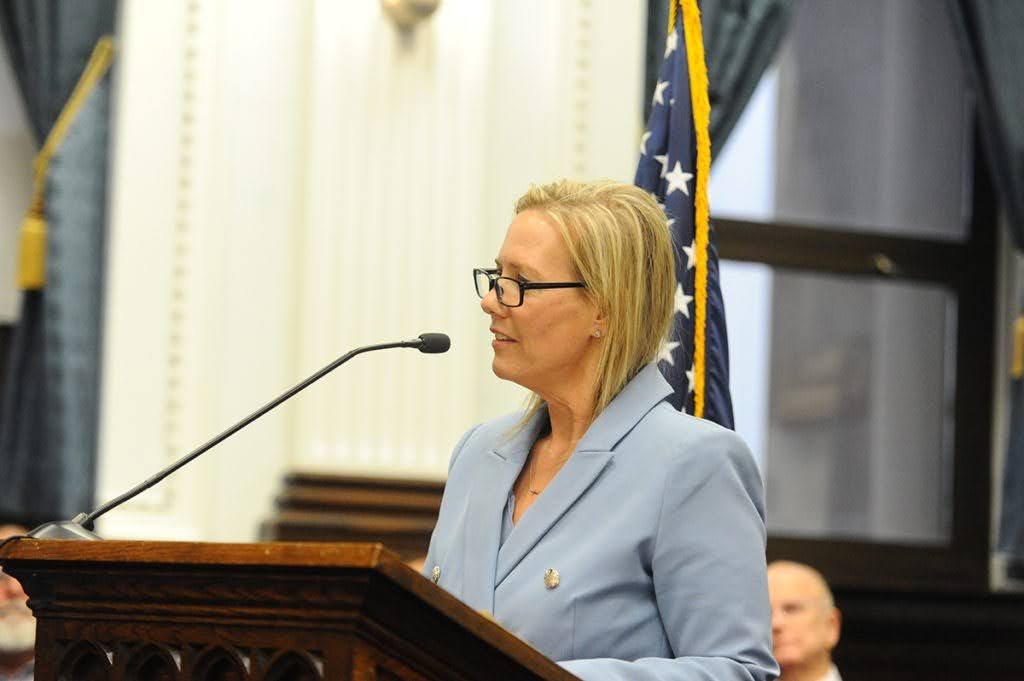
(File Photo by Kevin Mathewson, Kenosha County Eye)
Kerkman echoed the importance of these new positions, saying they “will help ensure that the office continues to meet the public safety needs of the community.”
$6 Million for Kenosha Dunes Protection
The state budget also includes a $6 million allocation for shoreline protection at the Kenosha Dunes—southeastern Wisconsin’s last remaining stretch of Great Lakes sand dunes. The funds, redirected from unobligated conservation accounts, will support erosion control, habitat restoration, and public access improvements.
“This is a big win for Kenosha County and all of our residents who enjoy the natural beauty that our county has to offer,” said Nedweski.
County Executive Kerkman, who recently toured the site with state Natural Resources Board members, called the dunes “a sensitive environmental area” and praised the investment to “preserve southeastern Wisconsin’s last remaining stretch of Great Lakes sand dunes.”
A 2017 study found the dunes were eroding at rates of up to 25 feet per year, placing nearby wetlands and rare plant habitats at risk. The site is home to over 400 plant species, including 26 that are rare, threatened, or endangered.
Nedweski took a swipe at Kenosha’s Democratic legislators, saying they failed to support the dunes investment. “While it’s disappointing that Democrat legislators representing Kenosha County did not vote for this investment, I’m proud to deliver a state budget that directly responds to my constituents’ concerns,” she said.
Tax Cuts, UW Reforms, and More
Beyond local projects, Nedweski highlighted broader victories: a $1.5 billion middle-class and retiree tax cut, a historic $500 million investment in special education, and sweeping changes to the UW System. As vice chair of the Assembly Committee on Colleges and Universities and chair of the bipartisan UW Study Committee, Nedweski led the charge on reforms.
“These reforms hold the UW System accountable to taxpayers and students alike,” Nedweski said. Among the changes: mandatory credit transfers across campuses, a freeze on new administrative positions, and a requirement that faculty teach at least 12 credits per semester.
“For years, the UW System has operated from their ivory tower without any accountability to the public,” she said. “Bloated DEI bureaucracies, skyrocketing administrative costs, and shrinking classroom instruction have created a system that’s failing both students and taxpayers.”
Nedweski also criticized Governor Evers’ original proposal, calling it a “high-spend wish list” that “referred to mothers as ‘inseminated persons’ in state statute” and would have raised taxes by $3 billion.
“While this budget is far from perfect, Republican lawmakers took a budget that would put the state in a $4 billion hole and turned it into a responsible, pro-family budget,” she said.
As Kenosha County begins its own local budget process this fall, coordination between state and local leaders will determine how these new investments take root.
.
.
.
.












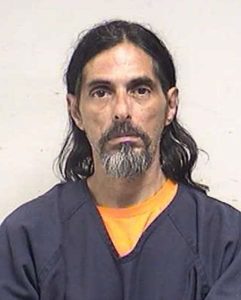
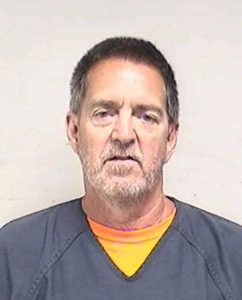
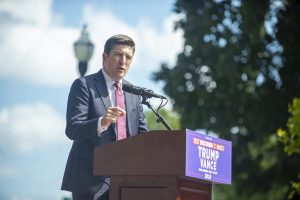
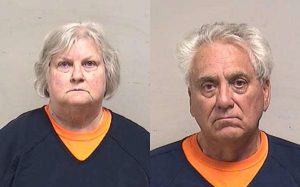
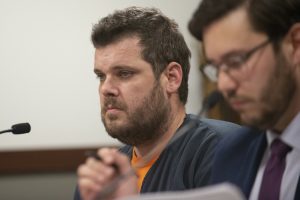
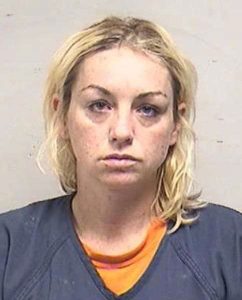

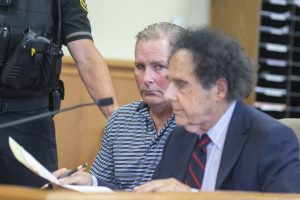


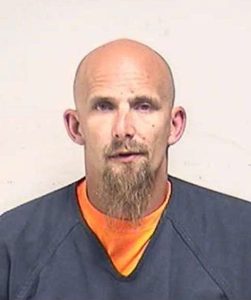


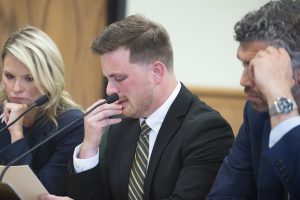
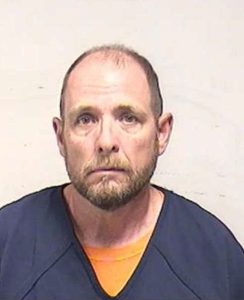






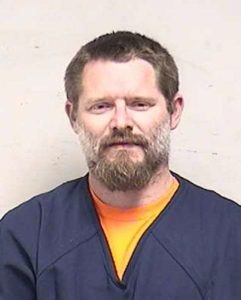

One Response
Tax cuts, but higher vehicle fees. Reduced UW bloat, but a big increase in UW spending. Am I reading about a different budget?